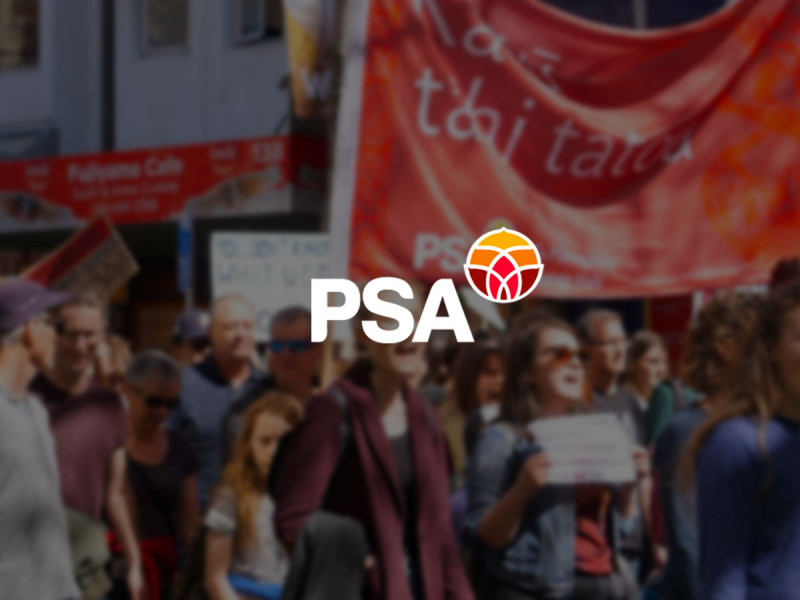About 450 health workers both on the front line and in essential supporting roles will take voluntary redundancy, with more job losses expected as government budget cuts continue to bite, the PSA says.
And PSA members are reporting that amongst the approximately 450 redundancies there are a substantial number who were given voluntary redundancy even though their redundancy applications were not approved by their line managers.
This occurred because senior management overturned line managers’ decisions. Amongst this group are many front-line hospital workers, Public Service Association Te Pūkenga Here Tikanga Mahi National Organiser Ashok Shankar says.
"While line managers know they can’t afford to lose staff, job cuts are continuing at any cost," Shankar says.
Redundancies impact frontline staff in hospitals and specialist services, and essential support staff in planning and funding, and national public health.
"The redundancy process has been done irrespective of the impacts on service delivery. The data shows essential workers will be impacted. This means public health, safety and wellbeing will be impacted too. It also shows the health sector can’t afford to lose these essential people and if the government wishes to keep the nation healthy, cuts need to stop.
A hiring freeze is also negatively impacting those who remain in health employment. Positions have been left vacant and remaining staff are picking up the shortfall, working unpaid overtime, and skipping breaks and meals. Clinical staff are concerned that loss of these workers on the frontline will impact their ability to deliver care.
Shankar says the situation is unsustainable.
"Redundancies mean remaining staff are heading towards burnout and this poses a threat to public health and safety.
"The staffing cuts are impacting essential services and it’s not too late for the government to reverse its decision on health cuts.
"A lack of staff a poses a real and imminent threat to public health and safety. It is clear fatigue, and frustration are growing, and the burden of this is weighing heavily not just on health workers, but also communities.
"It’s been a difficult time for the health sector, and for those who have dedicated their lives to caring for our communities. Their work is vital for the health, wellbeing and safety of all New Zealanders.
"The community has already started to feel the effect of these cuts, but there is more to come. We are at breaking point in more ways than one. A strong, robust, well-staffed health sector is vital for not only the imminent future, but for the future generations of Aotearoa.
"We implore the government to change its perspective on its cuts to health," Shankar says.
By the numbers:
- Total number of expressions of interest received across the sector: approximately 860
- Total number of voluntary redundancies accepted to date: approximately 450
ENDS


